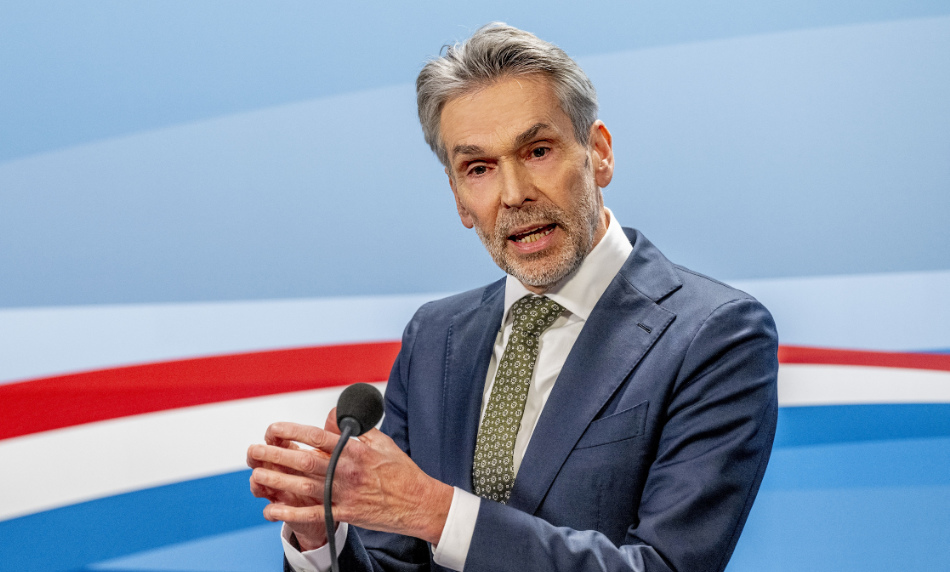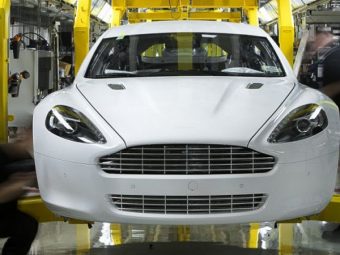The Nexperia dispute in the Netherlands is a small but telling episode in the theatre of global corporations, a drama that could have easily unravelled into economic self-destruction. A Cold War-era law, dusted off and wielded in the name of national security, became a weapon of coercion. In response, Beijing imposed export restrictions on a critical chip facility. The result was a flashpoint that threatened to paralyse global automotive production, from the factories of Volkswagen to the assembly lines of Honda.
In this confrontation, we glimpsed the fragile architecture of global trade: a lattice of interdependence in which every action carries the risk of retaliation, and every move can cascade into catastrophe. What unfolded was a silent form of mutually assured destruction, not with missiles but with microchips—the sinews of modern industry.
The Dutch decision to step back, framed as a “show of goodwill,” acknowledged the unspoken truth of global commerce: in a system so tightly bound, aggression can boomerang, and the wielders of power can find themselves trapped by the very structures they sought to control.
This episode reminds us that in the modern era, warfare is not only waged with bombs but with trade restrictions, regulations, and bureaucratic edicts—and that the consequences of these silent battles ripple outward, destabilising the lives of ordinary people while the powerful negotiate in their sterile halls.
In the global economy, as in geopolitics, the architecture of domination carries within it the seeds of mutual ruin. The Nexperia standoff was narrowly defused—but the next conflict, in chips or energy or food, may not be.







